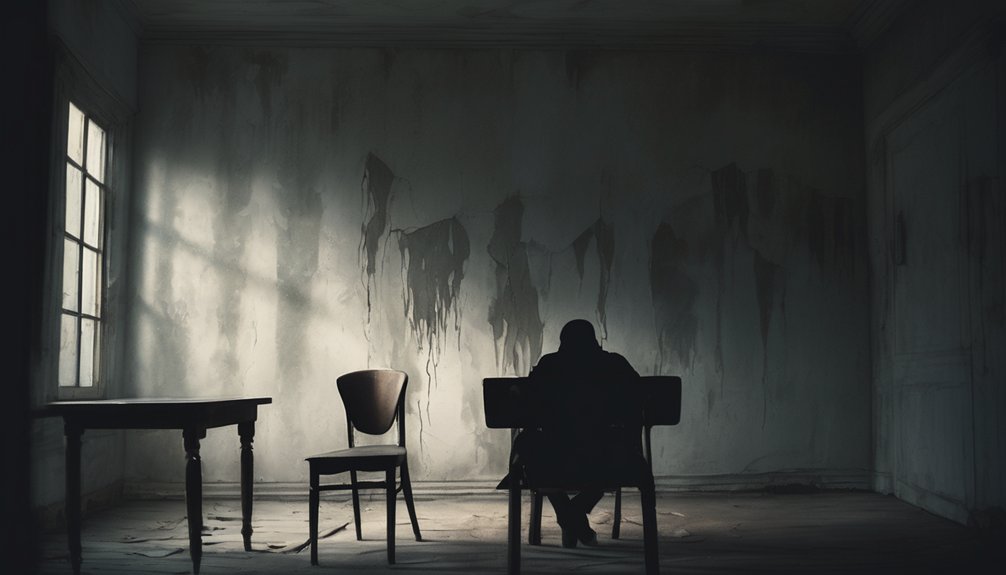You might hate yourself due to childhood neglect or harsh criticism, which shape your self-view early on. Negative thought patterns, like overgeneralizing mistakes or persistent self-criticism, worsen this feeling. Comparing yourself to others, especially on social media, can also distort your worth. Unresolved trauma adds emotional pain, affecting resilience and perception. Understanding these common causes helps clarify why self-hatred develops and points toward ways to overcome it for healthier self-acceptance.
Impact of Childhood Experiences on Self-Perception
Although self-perception develops throughout life, childhood experiences play a critical role in shaping how you view yourself. When you face childhood neglect, you may struggle to form a secure sense of self, feeling unworthy or invisible.
Parental criticism often reinforces these feelings, creating an internal voice that doubts your value and abilities. These early interactions influence your self-image, affecting how freely you express yourself and pursue your goals.
Understanding this impact helps you recognize patterns rooted in your past, empowering you to challenge limiting beliefs and move toward a more authentic and liberated self-view.
The Role of Negative Thought Patterns
When you consistently engage in negative thought patterns, they can considerably influence how you perceive yourself and the world around you.
These patterns often involve cognitive distortions, which are inaccurate and exaggerated ways of thinking. For example, you might overgeneralize failures or catastrophize minor setbacks. Such distortions fuel persistent self-criticism, making it hard to recognize your true worth.
Over time, this cycle can trap you in a mindset that fosters self-hatred. Understanding and challenging these faulty thought processes is essential.
Developing awareness allows you to break free from negative patterns and build a healthier, more realistic self-view.
Influence of Social Comparisons and External Validation
Since social comparisons are a natural part of human interaction, they can considerably affect how you view yourself. When you constantly measure your achievements or appearance against others, especially on social media, it can distort your sense of self worth.
Social media often highlights idealized versions of life, making it easy to feel inadequate. Seeking external validation might temporarily boost your confidence, but relying on it can undermine your true self-esteem.
Understanding this influence helps you recognize the limits of comparison and external approval, encouraging you to develop a more stable and internal sense of self worth.
Effects of Unresolved Trauma and Emotional Pain
Because unresolved trauma and emotional pain often remain buried beneath the surface, they can considerably affect how you perceive yourself over time.
These hidden wounds influence your self-image and hinder trauma healing. They also challenge your emotional resilience, making it harder to cope with daily stress. Recognizing these effects is essential for your freedom and growth:
- Persistent negative self-beliefs limit your potential.
- Emotional numbness blocks genuine connections.
- Heightened anxiety or depression distorts reality.
- Difficulty trusting others restricts support networks.
Understanding these impacts helps you pursue trauma healing and build emotional resilience effectively.

Leave a Reply